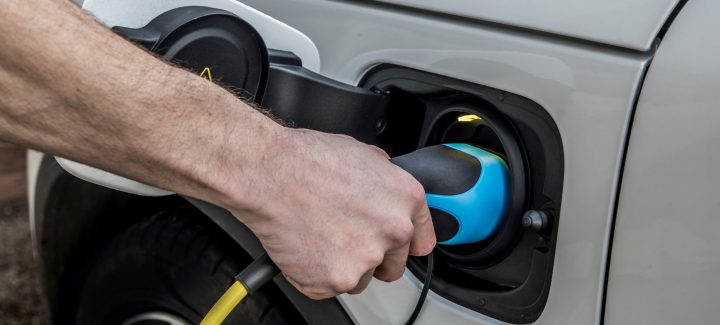The chancellor should be careful to avoid hampering ongoing fleet electrification in next month’s Budget, FleetCheck is warning.
Peter Golding, CEO at the fleet software specialist, said that preferential tax treatment had been the prime motivator of electric company car adoption – and that negative tax changes could similarly lead to a loss of enthusiasm.
“Last year, the changes in VED made for EVs at the Budget added almost £2,500 to their running costs over a five-year period. That was a big shift and any further increases this year should be incremental rather than dramatic.
“While benefit in kind rates for EVs remain favourable compared to ICE and PHEV until near the end of the decade, they are now starting to rise relatively quickly and, were VED to increase dramatically again, it will start to noticeably reduce the overall incentive.”
Peter added that the lesson from slow adoption of electric vans in recent years was that tax advantages were essential to the process of electrification.
“In the absence of any decisive tax gain, electric vans have failed to generate anywhere near the same kind of momentum as cars. It’s certainly possible that increasing taxes such as VED on the latter could slow adoption in the coming years.”
Press reports also suggested that the government could aim to offset increases in electric car VED by increasing the maximum £3,750 New Electric Car Grant.
“Our view here is that the grant is really aimed at the retail market and appears to have been relatively successful in stimulating interest there. With most fleets choosing to lease EVs, and the majority of vehicles only being awarded the lower £1,500 level, the difference made to monthly contract hire rates has been minimal.”

